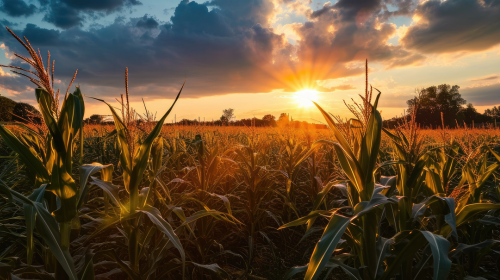
7 June 2024
National Farming Union (NFU) president Tom Bradshaw has called for the farming budget to be increased to £5.5 billion, saying that all political parties need to support farmers in their policies. He described agriculture as on a ‘knife edge’, and that the increased budget would ensure environmental targets are met and sustainable food production is supported.
New data from the Scottish Government has shown that over 10,000 hectares of peatlands were restored in the past year – the highest number ever recorded. The peatlands were restored through 100 different projects, helping to reverse the degradation that represent three quarters of all Scottish peatlands, accounting for 15% of emissions. In 2020, the Scottish Government pledged to spend £250 million on peatland restoration projects.
Nature Based Solutions for Soil Management (NBSOIL), a programme led by 15 organisations from across Europe via Horizon Europe’s Soil Misson, launched its Soil Academy this week to coincide with World Environment Day. The programme will train soil advisors on the skills required to provide nature-based advice on soils across all land use sectors.
The Royal Horticultural Society (RHS) has raised concerns that an increase in popularity of mushroom growing could negatively impact biodiversity. They have warned that non-native fungi could spread through soil and alter its microbiology, risking the spread of an invasive species similar to that of Japanese Knotweed.
Home and garden retailer B&Q has pledged to sell only 100% peat-free plants by 2026, following their move last year to remove peat from all bagged compost. Research commissioned by B&Q earlier this year showed that a third of respondents exclusively use peat free composts, and the retailer is now working with suppliers to develop peat replacements from coconut fibres and other sustainable ingredients.
A warning was issues by the Environment Agency (EA) against swimming in the River Dart after heavy rainfall led to high pollution levels. The EA said that soil from nearby fields had entered the river, resulting in the advice against bathing in five areas on the river. This warning came just over a week after parts of the same river were designated as bathing water sites by the Department for Food, Environment and Rural Affairs (Defra).
New research argues that the sensible use of glyphosate can have a positive impact on soil health. Soil microbiologist Professor Andy Neal points to the need to consider the impact of both glyphosate use and other methods which would replace it, for example the impact on soil structure when glyphosate is replaced with tilling, and says that glyphosate should be used to alleviate other problems.